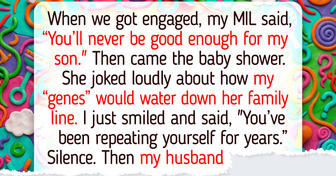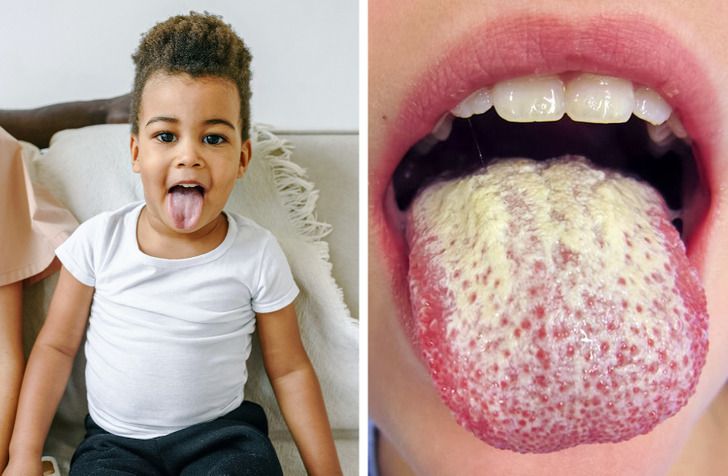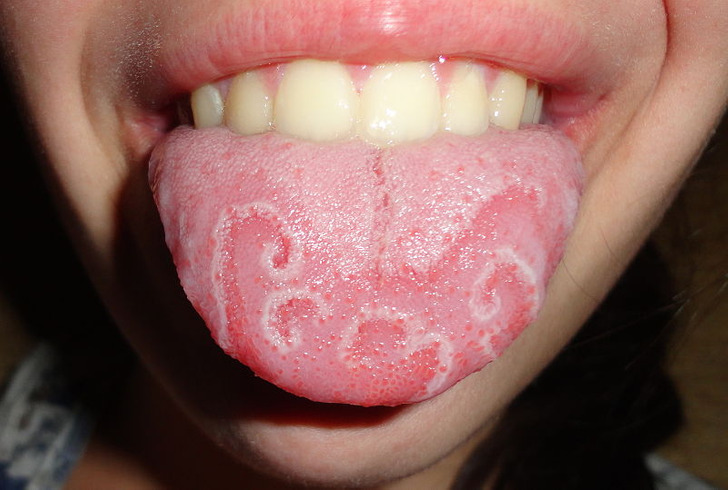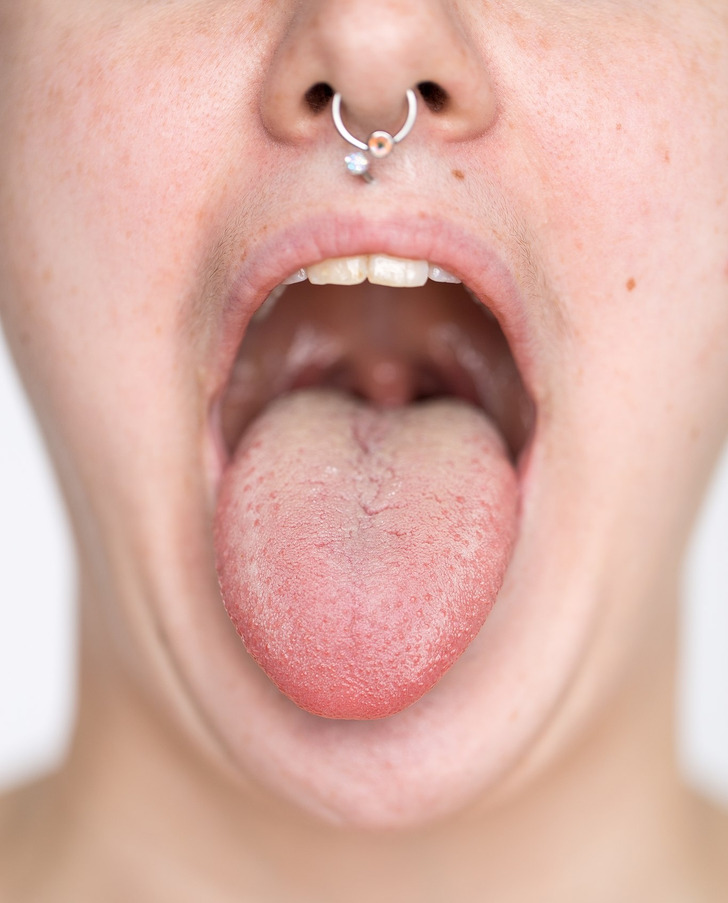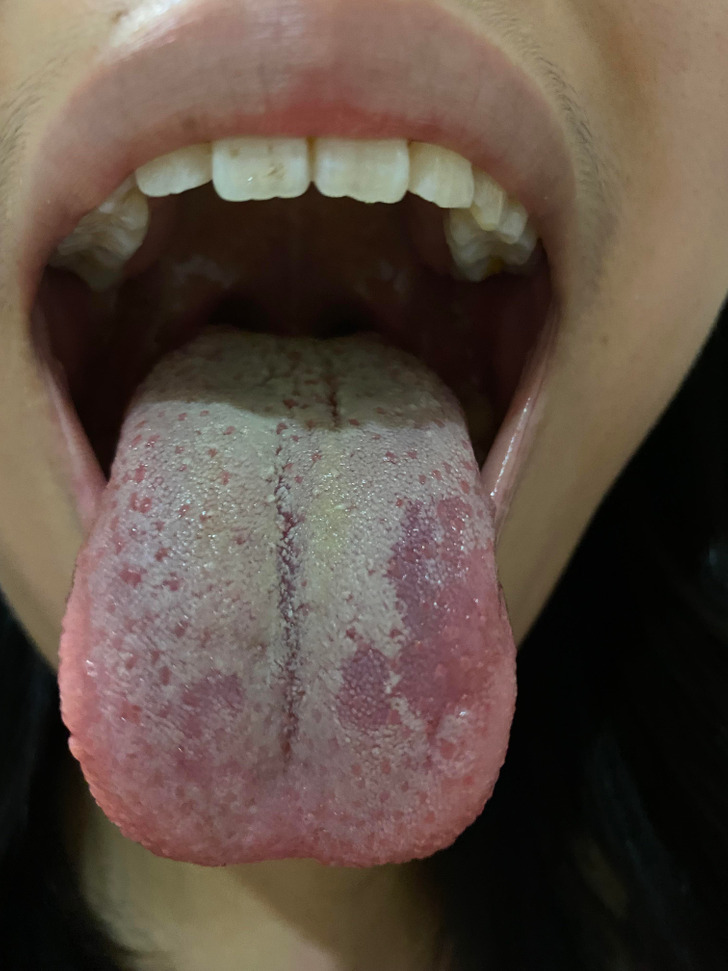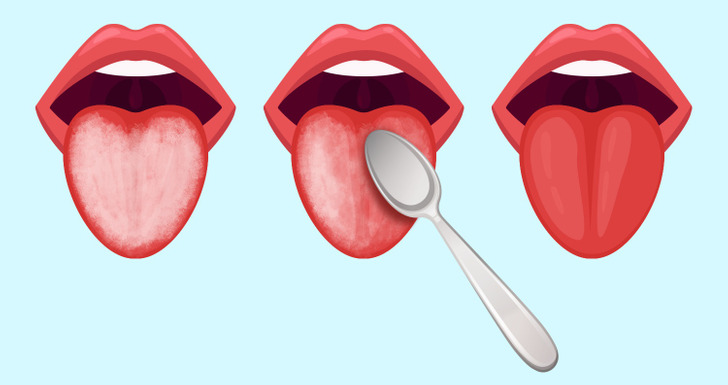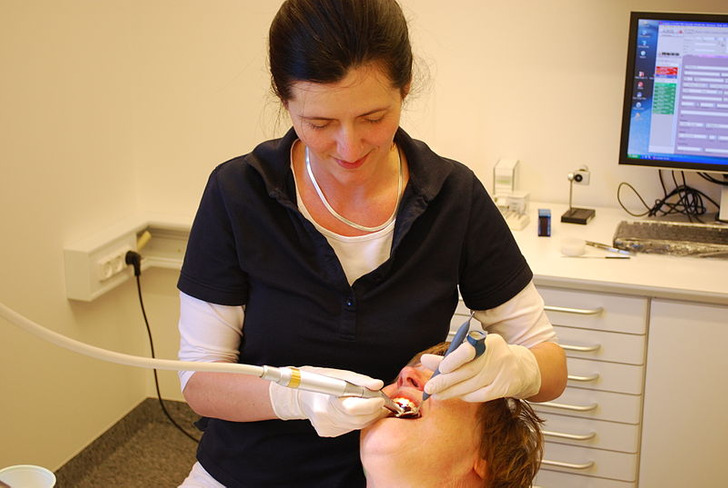Or maybe a form of ringworm
What White Tongue Means for Your Health and How to Treat It Naturally
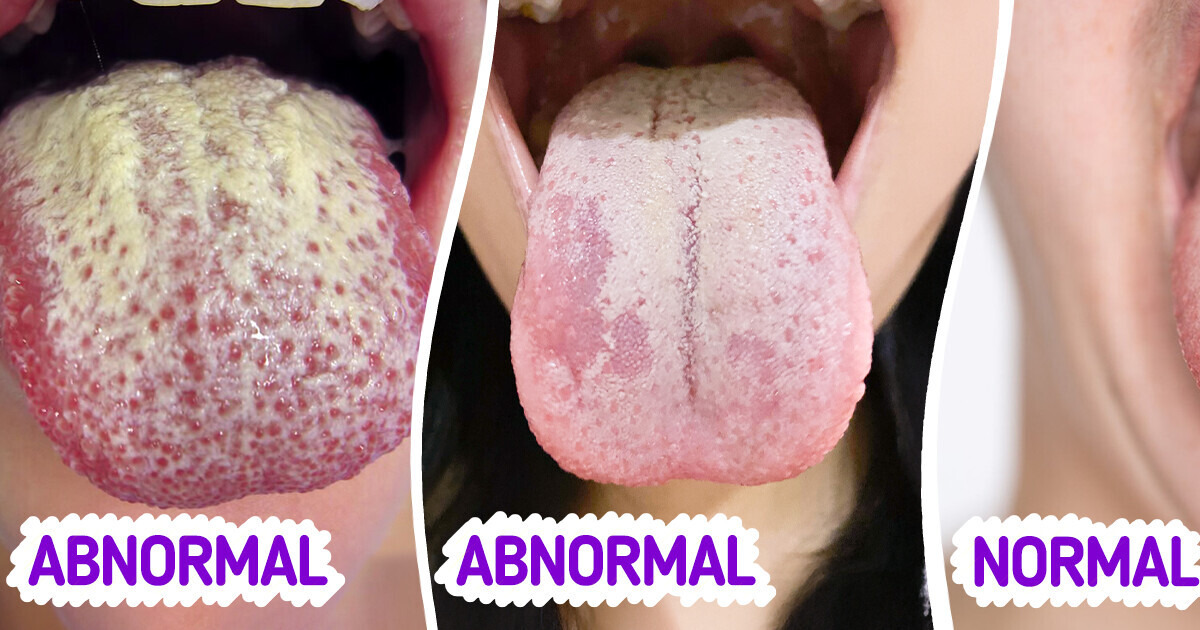
There are many possible causes for a white tongue, and in some cases, it is associated with an unpleasant odour and a dry feeling in the mouth. Sometimes brushing your teeth is all you need to get rid of it. But what if that doesn’t work?
❗This article is for informational purposes only and is not a substitute for professional advice.
What white tongue is
The white film may cover the whole tongue, part of it, or appear spotted. There may also be an unpleasant smell and taste in the mouth. It looks as if there are small white hairs on the surface of the tongue. These are actually buds. They are covered with organic particles, bacteria and dead cells.
A white plaque on the tongue (which can also be yellow) can appear for a number of reasons, for example, because of irritation or because of an infection. It usually disappears after a few days. It’s best to see a doctor if the situation doesn’t change after a few weeks and it’s painful to eat or speak.
It’s important to note that the plaque doesn’t have to be all white. A pink tongue is normal, but a brown tongue is a sign that the person drinks too much coffee or tea. A yellow tongue is a sign that there’s something wrong with the liver, and a red tongue is a sign of vitamin B deficiency.
Why the tongue becomes white
Usually, bacteria, food particles or dead cells get stuck between the buds and turn the tongue white. Because of this, the buds can become larger or they can become inflamed. This is how the white patches appear on the surface of the tongue.
Sometimes the plaque is caused by a disease. Another condition where white patches appear on the tongue is geographic tongue. It’s quite rare and the causes aren’t known. But the condition itself is often linked to eating foods that irritate the tongue. It can also be a reaction to stress, illness or hormonal changes.
Why white plaque appears on the tongue
There are some things that make the appearance of white plaque on the tongue more likely:
- Age
- Taking antibiotics (white-yellow plaque appearing when there’s a fungal infection in the mouth)
- A diet that’s lacking enough fruits, vegetables, vitamin B12, and iron
- A weak immune system
- Bad mouth hygiene
- Dental prosthetics or other objects that can damage the tongue
- Dehydration and mouth dryness.
Tongue thrush
Also known as oral thrush or candidiasis is a fungal infection caused by an overgrowth of Candida, a type of yeast that naturally exists in the mouth. This condition typically results in creamy white lesions on the tongue and other areas of the mouth, often accompanied by symptoms such as redness, soreness, and difficulty swallowing. Individuals with weakened immune systems, those taking certain medications like antibiotics or corticosteroids, and people with diabetes are at a higher risk of developing tongue thrush. Treatment usually involves antifungal medications, and maintaining good oral hygiene can help prevent recurrence. If you have any specific questions or need more information about tongue thrush, feel free to ask!
What piercings have to do with white tongue
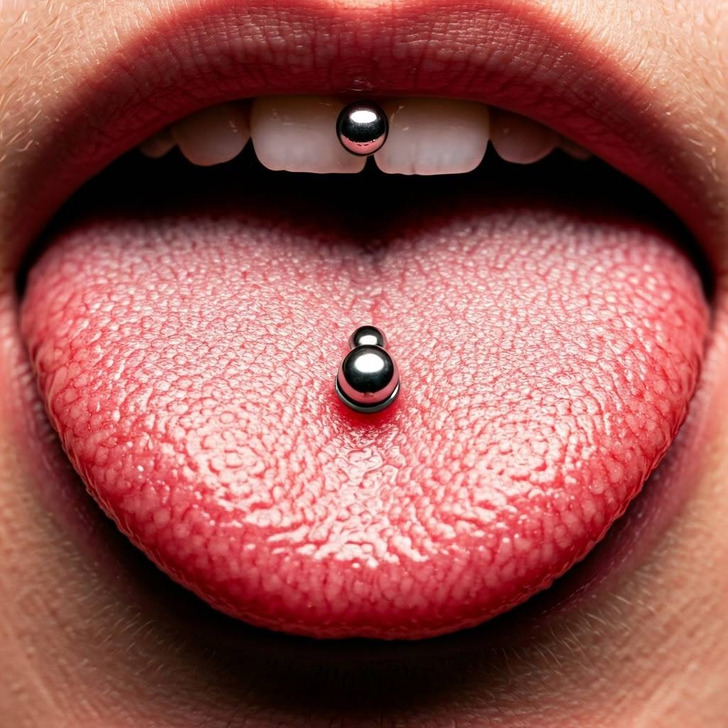
Immediately after piercing your tongue, you may notice a white film. This happens because the number of bacteria on the tongue increases, and it’s normal. Antibacterial mouthwash will help you get rid of it. There may also be a ring around piercings, which is also normal and means the tissue is healing.
If the plaque is caused by an injury (including piercings), it should take about 1.5 weeks to heal. You should avoid irritants such as hot, spicy or sour foods and drinks.
How to get rid of white tongue at home
- Take good care of your mouth.
- Drink plenty of water.
- Use a soft toothbrush.
- Use a mild fluoride toothpaste — one that doesn’t contain sodium lauryl sulfate.
- Use fluoride mouthwash.
- Remove the white coating from your tongue by brushing or using a tongue scraper.
- Drink cold drinks with a straw.
- Avoid spicy, salty, acidic or very hot foods and drinks.
Who to talk to if you’re worried about your white tongue
- Your dentist can help you remove the white film from your tongue. They can also prescribe medication if needed.
- Your GP will be able to diagnose your tongue, prescribe certain medications and determine if your white tongue is a sign of a more serious problem.
While tackling a white tongue can be simple, you might be surprised to learn how quitting coffee could affect your body. From unexpected fatigue to unusual cravings, your body has its own way of responding. Curious about what to expect? Stay tuned!
Comments
Related Reads
What Our Favorite ’90s Celebrity Crushes Look Like Today
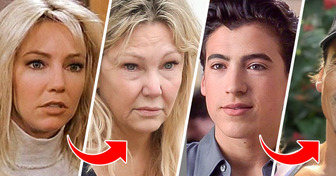
We Imagined 10 Iconic Historical Figures Living in 2026 — and the Results Are Truly Curious

12 Employees Who Deserve Their Own Drama Series

17 Heartwarming Stories That Melt Even the Coldest Hearts
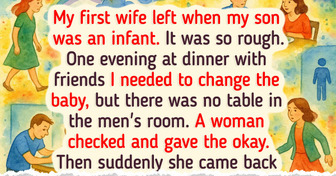
18 People Who Truly Know What It Means to Be Unlucky
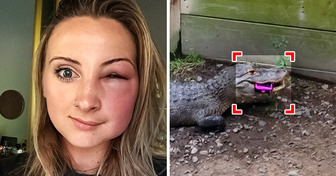
14 Celebrities Whose Appearance Has Evolved Over the Past Decade
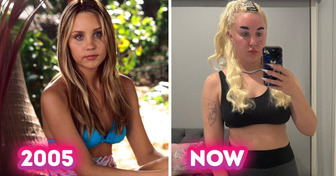
We Imagined the Kids of 17 Iconic Movie Couples — and the Results Are Truly Intriguing

We Made 16 Celebs’ Faces Perfectly Symmetrical—And Some Results Are Truly Wild
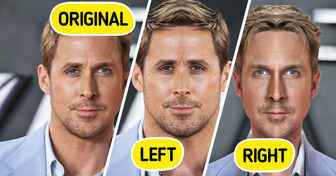
Meet “Baby Hulk,” the Newborn Girl Who Survived Against All Odds to Amaze Doctors
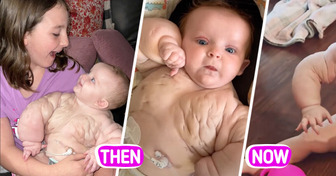
14 Star Comparisons That Reveal How Celebrities Really Age

10 Stories of Unseen Kindness That Will Leave You Feeling Inspired and Hopeful Today

My MIL Tried to Humiliate Me — She Didn’t Expect My Response
